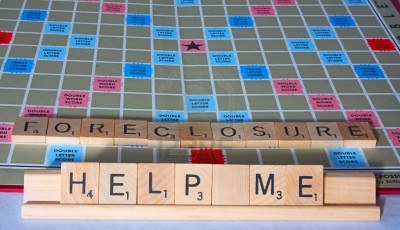Chapter 7 Bankruptcy: How to Protect Your House
 In a Chapter 7 bankruptcy, a trustee will be appointed to liquidate the assets of a debtor’s estate to satisfy the creditors of the debtor. Therefore, it is important to understand that if you file a Chapter 7 bankruptcy, all of your assets including your house may sold to satisfy your creditors. However, the Federal Bankruptcy Code, U.S. Code Title 11, provides ways for debtors to protect their most important and essential assets through a variety of exemptions. Our New Jersey bankruptcy attorneys use these exemptions to the full extent of the law to protect your assets while helping you lift the crushing burden of debt.
In a Chapter 7 bankruptcy, a trustee will be appointed to liquidate the assets of a debtor’s estate to satisfy the creditors of the debtor. Therefore, it is important to understand that if you file a Chapter 7 bankruptcy, all of your assets including your house may sold to satisfy your creditors. However, the Federal Bankruptcy Code, U.S. Code Title 11, provides ways for debtors to protect their most important and essential assets through a variety of exemptions. Our New Jersey bankruptcy attorneys use these exemptions to the full extent of the law to protect your assets while helping you lift the crushing burden of debt.
The Federal Bankruptcy exemptions are referenced in 11 U.S.C. 522(d)(1)-(11). These exemptions cover a variety of assets which you may own and want to protect from being sold by the trustee, ranging from your home to life insurance payments. However, these exemptions do not provide an absolute protection to your assets and are limited in their use.
Probably the most important asset and the one that people are most concerned with is their home. The Federal Bankruptcy Code provides for an exemption for your primary residence under 11 U.S.C. 522(d)(1), (5). The exemption provides protection up to $23,675 in New Jersey. This amount is doubled if you are filing jointly with your spouse for a total of $47,350. This exemption can be used to exempt a portion of the equity in your home.
 New Jersey Lawyers Blog
New Jersey Lawyers Blog




 New Jersey homeowners who file for chapter 13 bankruptcy protection may be able to cease paying their second mortgages if their homes are “underwater.”
New Jersey homeowners who file for chapter 13 bankruptcy protection may be able to cease paying their second mortgages if their homes are “underwater.”